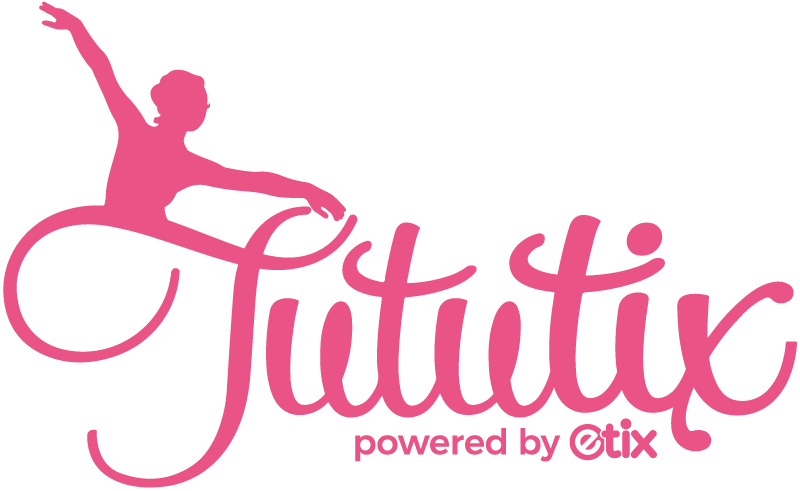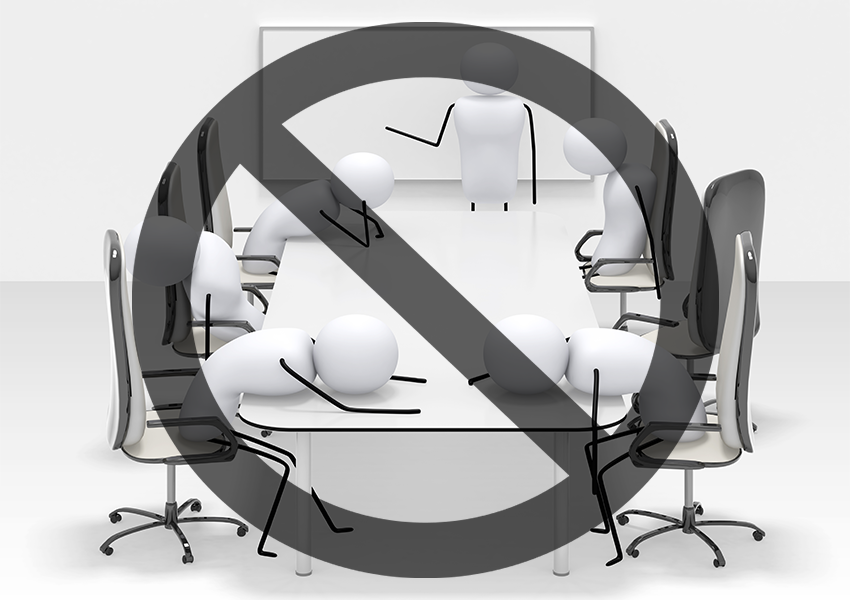Does it ever feel like all you do is go from one meeting to the next, and the next after that? Maybe you’ve noticed that your staff doesn’t seem as receptive as you had hoped, or they seem to forget what was discussed as soon as the meeting is over. Well, I’m here to tell you it doesn’t have to be that way! YOU have the power to improve their effectiveness and be on your way to more successful meetings.
In the last two decades of running my studio, I’ve learned a lot about what makes a successful meeting (and what is a total flop!). Sometimes it was trial and error to figure out what worked; other times, I’ve picked up advice from business owners in other industries and tried it out with my team own members. Meetings do have a purpose in your business, but they also need a special touch.
If there’s one big takeaway I’ve gained over the years, it’s that meetings CAN be useful, productive, and successful. And since they are necessary, we might as well get good at them! It’s about changing your mindset and preparing for every meeting with that new perspective. Check out my 3 Tips for Successful Meetings to start shaping up better meetings this season!
- Decide what type of meeting it will be
Clarity is key for successful meetings! Make sure your team knows what type of meeting they are stepping into, and set the expectation that the meeting will be focused on specific outcomes related to that type—off-topic questions or conversations will be saved for another time. Here are some common meeting types you may be using (or will want to implement):
Use these meetings to brief the team on projects you are working on, or to check in with them on the status of their projects. Status check meetings should serve as task-oriented progress reports, where everyone contributes to discuss their specific responsibilities.
The problem-solving meeting is centered around brainstorming new ideas on how to approach a specific issue, or related issues, the studio is facing. These meetings will probably be centered around finding the best resolution, or at the very least, innovating solutions that can be explored further.
Setting studio-wide goals and expectations are the two pillars of a visionary type of meeting. This is likely to be a meeting led by you or someone on your leadership team, to set the tone of the season, the semester, or the month ahead. Also, remember that casting the vision for your team means this type of meeting is usually the most motivational!
- Know who needs to attend and why
Not every meeting is for every staff member. For example, you may have meetings that are better suited for your leadership team only or meetings that are strictly for administrative personnel. Or perhaps your teachers need their own classroom-focused meeting once every quarter. Dial into the needs of your team by making sure each meeting has a defined purpose and no one’s time is wasted.
One great way to do this is by taking the time to personally invite team members to a meeting and giving them advance notice of the topic at hand. There may be times where you also ask them to bring ideas to share. Explain how much listening, note-taking, or contributing they should expect. Doing this allows meetings to feel less like an obligation, and more of an opportunity to connect.
- Be prepared—and be prepared to improvise
Go into every meeting with an agenda, and expect to improvise off of it as needed. I’ve learned that when I’m in charge of a meeting, I do my best when I’m clear about the main points that need to be discussed. If I’m not clear, nobody is clear.
If you have members of your team who also lead meetings, talk to them about developing this skill too. Consistency and organization among staff, no matter who is setting the meeting, shows that meetings are not taken lightly and will be used to enhance everyone’s productivity.
Don’t underestimate the value of a great staff meeting! With some fine-tuned planning and a little extra attention to detail, your team can gain a whole new appreciation for what a A+ meeting can be like.
I hope that your studio can benefit from these tips and turn meetings into a source of respectful relationship-building and enhanced focus at work. And if there something else YOU do with your meetings to make them successful, please share your advice in the comments. I’d love to hear what serves you well when it comes to meetings—and maybe try it out myself!
Looking for more tips for running successful meetings? Check out the following articles:




